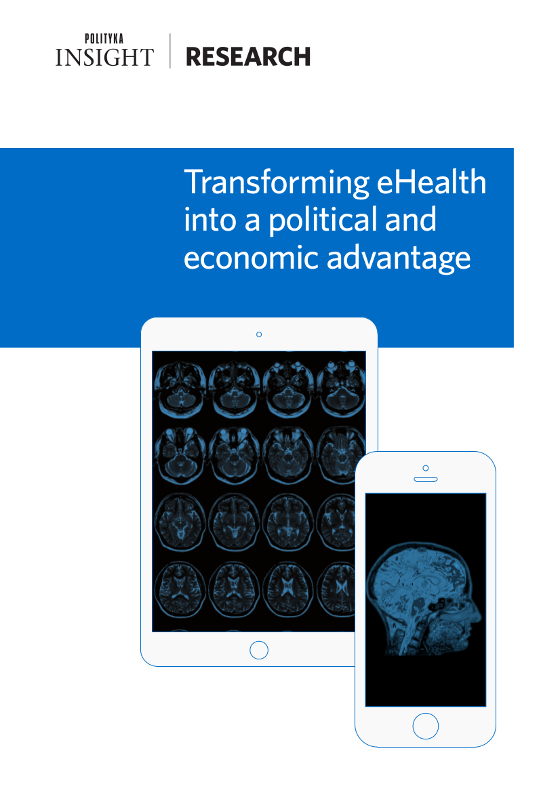 eHealth has quickly become a symbol of the democratization of healthcare, as well as an opportunity to meet the challenges caused by an ageing society, the epidemic of non-communicable and chronic diseases and the dramatically rising costs of healthcare. Some say that technology in the XXI century is a paradigm shift, which is unprecedented in history and because of that we cannot see clearly what lays ahead: is it 3D printing of human organs, decreasing the transaction costs in health or providing universal high-quality service to everyone at a fraction cost of the price we pay today.
eHealth has quickly become a symbol of the democratization of healthcare, as well as an opportunity to meet the challenges caused by an ageing society, the epidemic of non-communicable and chronic diseases and the dramatically rising costs of healthcare. Some say that technology in the XXI century is a paradigm shift, which is unprecedented in history and because of that we cannot see clearly what lays ahead: is it 3D printing of human organs, decreasing the transaction costs in health or providing universal high-quality service to everyone at a fraction cost of the price we pay today.
eHealth is the application of information and communications technologies across the whole range of functions that affect the health sector. This broad definition encompasses a variety of digital applications, processes and platforms including: electronic health record systems, TeleHealth (remote medical consultation), smartphone apps, remote monitoring devices and biosensors, computer algorithms and analytical tools to inform decision making. These essentially aim to use digital technology to improve the collection, management and distribution of data and information. Mobile health (mHealth) is a sub-segment of eHealth and covers medical and public health practice supported by mobile devices. Most of all, it includes the use of mobile communication devices in health and well-being services and information purposes as well as mobile health applications.
Download: Transforming eHealth into a Political and Economic Advantage (2.033 KB).
Download from eHealthNews.eu: Transforming eHealth into a Political and Economic Advantage (2.033 KB).